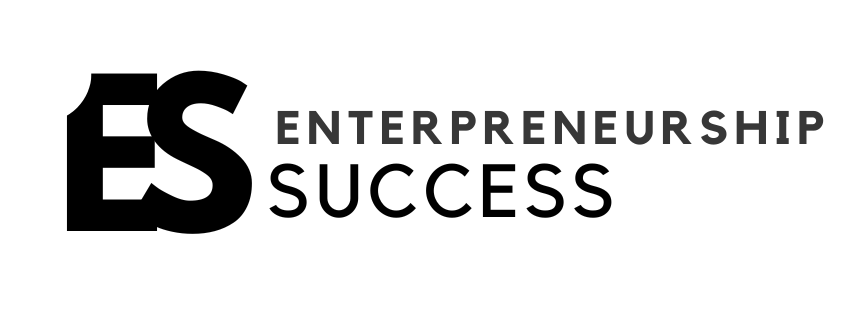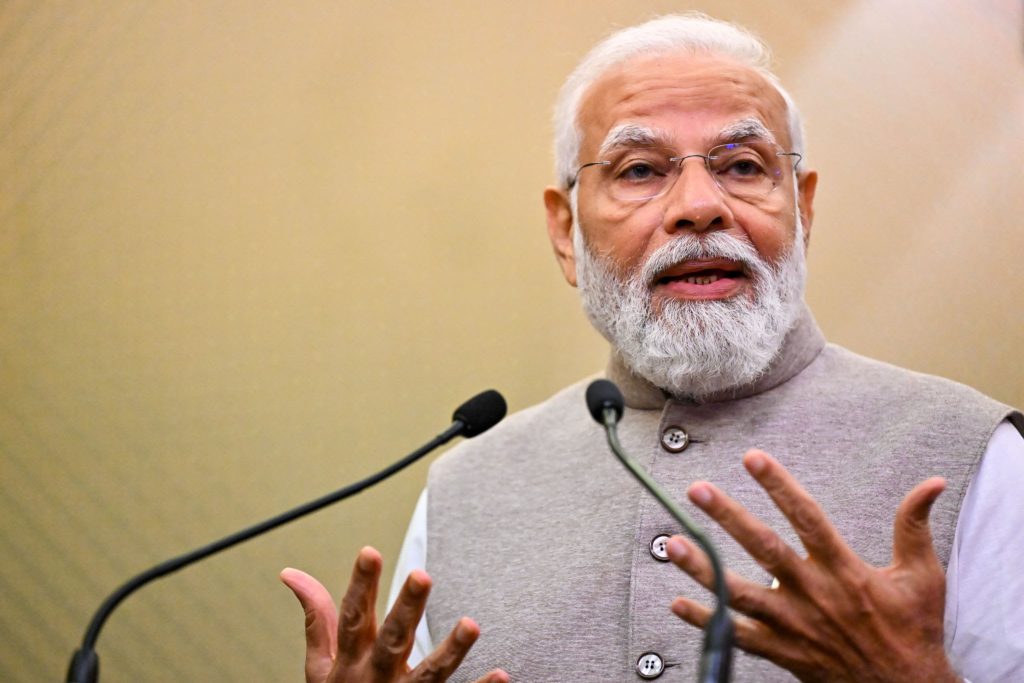PARTNERSHIP: Nigeria’s and Bloomberg
partnership with Bloomberg was announced in December 2024 and is part of the country’s renewed efforts to attract global investment and enhance its economic profile on the world stage.Viz: Partnership Overview:Parties Involved: Federal Government of Nigeria: Led by the Ministry of Finance Incorporated (MOFI), which is the custodian of Nigeria’s federal assets.Bloomberg: A globally recognized financial media organization specializing in economic data, investment analysis, and financial communications.Duration:The partnership is set to last for two years (2024–2026), with periodic assessments of its effectiveness. Objective: To reposition Nigeria as a prime destination for global investment by leveraging Bloomberg’s global reach, financial data, and influence in the investment community. Key Goals of the Partnership: Showcasing Nigeria’s Economic Potential:Highlight Nigeria’s investment opportunities in critical sectors such as: Energy (oil, gas, and renewables). Infrastructure (roads, railways, and ports). Technology and digital innovation. Agriculture and agribusiness. Manufacturing and industrialization. Boosting Investor Confidence: Use Bloomberg’s platform to share credible, real-time data about Nigeria’s economic growth, reforms, and opportunities.Counter negative narratives about Nigeria, such as those focusing on security concerns or corruption, by presenting positive developments Promoting Reforms: Showcase the impact of Nigeria’s ongoing reforms, including:Foreign exchange market liberalization.Energy sector deregulation.Tax and investment incentives for businesses. Attracting Strategic Partners:Facilitate connections between Nigerian businesses and international investors to foster long-term partnerships. Key Activities Under the Partnership:Global Media Campaigns:Bloomberg will run a targeted media campaign highlighting Nigeria’s economic reforms and investment-friendly policies.Stories, videos, and special reports on Nigeria’s economic potential will be featured across Bloomberg’s platforms, reaching millions of global investors. Investment Summits and Roadshows:Nigeria will host investment summits in key global financial hubs, such as New York, London, and Dubai, in partnership with Bloomberg.These events will provide a platform for Nigerian government officials, businesses, and investors to network and discuss opportunities.Data and Analytics Support:Bloomberg will provide Nigeria with access to its data and analytics tools, enabling MOFI and other stakeholders to: Monitor global investment trends. Understand market conditions. Make informed decisions about promoting Nigerian opportunities. Capacity Building: Bloomberg will train Nigerian officials on best practices in global investment promotion and financial communication.This includes guidance on engaging with foreign investors, financial reporting, and leveraging technology to attract investments. Expected Outcomes: Increased Foreign Direct Investment (FDI):Nigeria aims to boost its annual FDI inflow by at least 30% over the two-year partnership. Job Creation: By attracting investments in key sectors, the partnership is expected to create thousands of jobs in infrastructure, energy, and technology. Revenue Generation: With increased investor participation, Nigeria hopes to expand its tax base and generate additional revenue for national development.Rebranding Nigeria’s Image:Shift global perception of Nigeria from being primarily an oil-dependent economy with security challenges to an investment-friendly destination with diverse opportunities. Why Bloomberg? Global Influence:Bloomberg’s financial news and analysis are followed by top investors, policymakers, and business leaders worldwide.Credibility:Bloomberg’s reputation for delivering accurate and reliable information makes it an ideal partner to promote Nigeria’s investment opportunities.Extensive Reach:Bloomberg operates in over 120 countries, ensuring Nigeria’s message reaches a global audience. Challenges and Risks:Global Economic Climate:Uncertainties in the global economy, such as inflation and geopolitical tensions, may affect investor interest.Domestic Policy Consistency:Nigeria must maintain consistency in its economic reforms to ensure that the partnership achieves its goals.Public Perception:Nigeria needs to ensure transparency in the partnership to avoid skepticism from citizens or investors about how funds and resources are being utilized. 7. Strategic Importance:Economic Diversification:This partnership aligns with Nigeria’s strategy to diversify its economy away from oil dependence by attracting investments in agriculture, technology, and manufacturing.Strengthened Global Presence:Collaborating with a global financial leader like Bloomberg helps Nigeria position itself as a serious player in the global investment space.Private Sector Growth:Increased FDI will bolster Nigeria’s private sector, fostering innovation and entrepreneurship. ConclusionThe Nigeria-Bloomberg partnership represents a strategic step toward attracting global investment, creating jobs, and rebranding Nigeria’s economic narrative. By leveraging Bloomberg’s platform, Nigeria hopes to showcase its reform efforts, untapped opportunities, and potential for sustainable growth, making it a more attractive destination for international investors.





